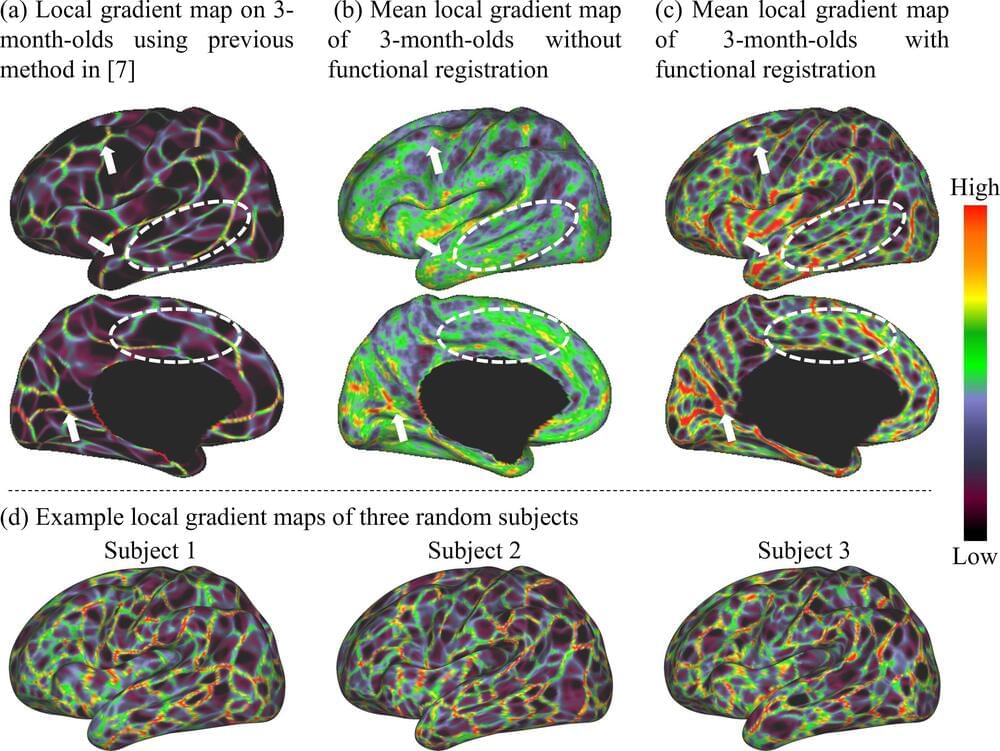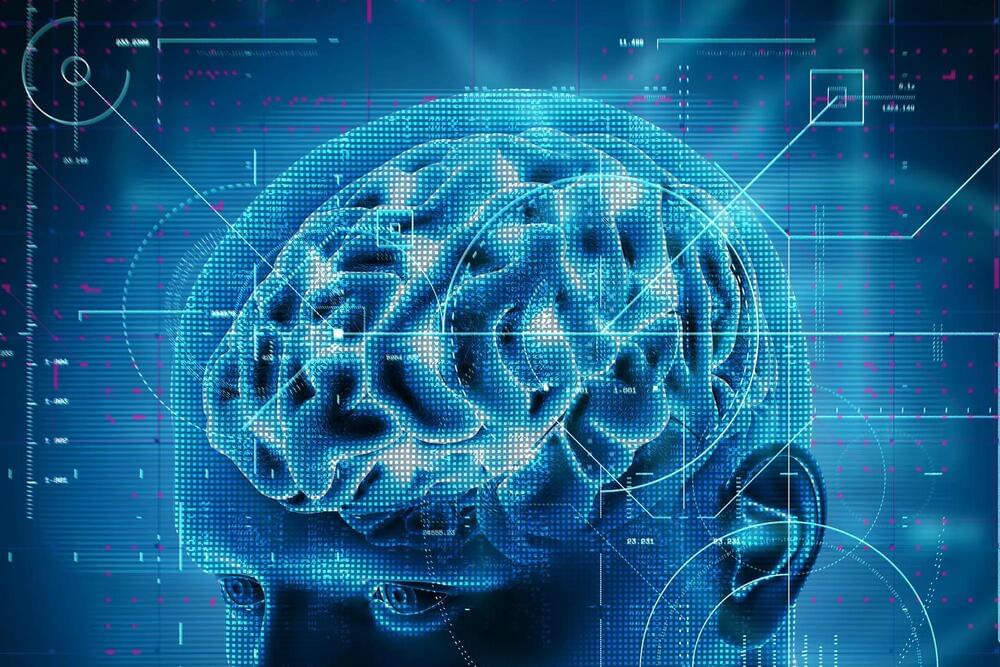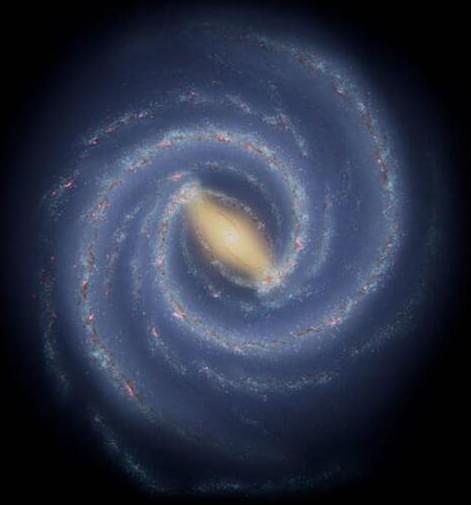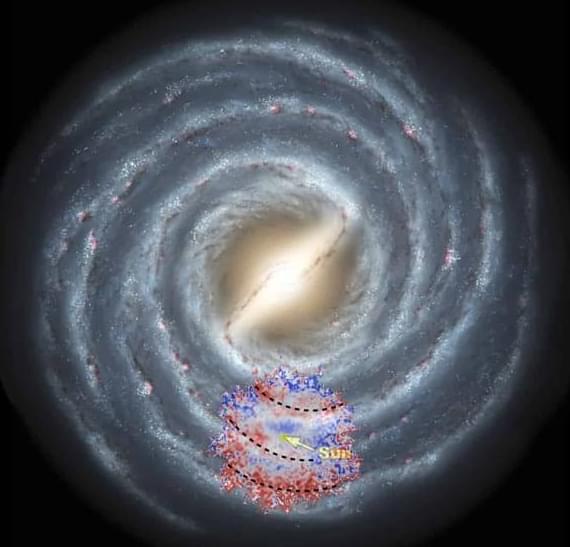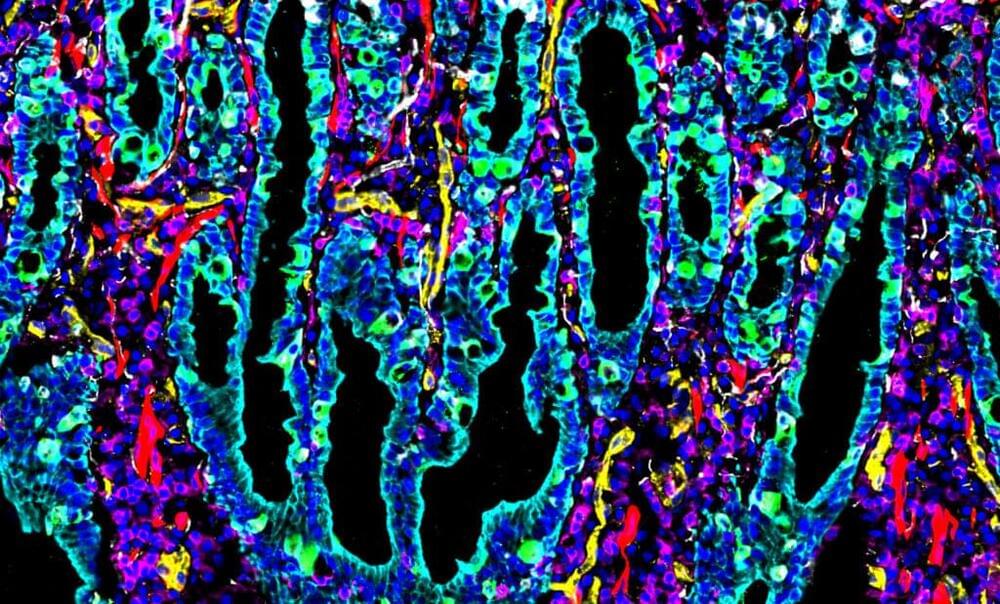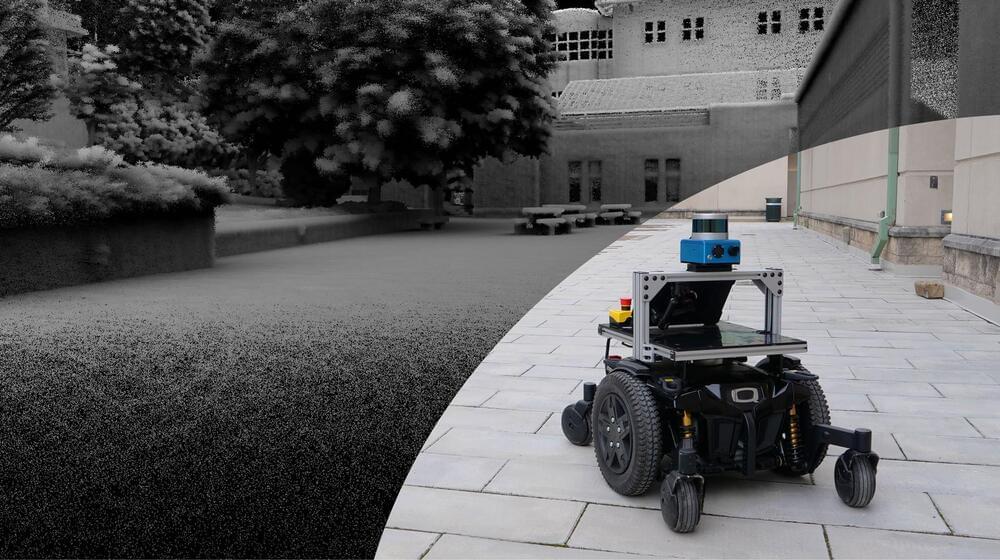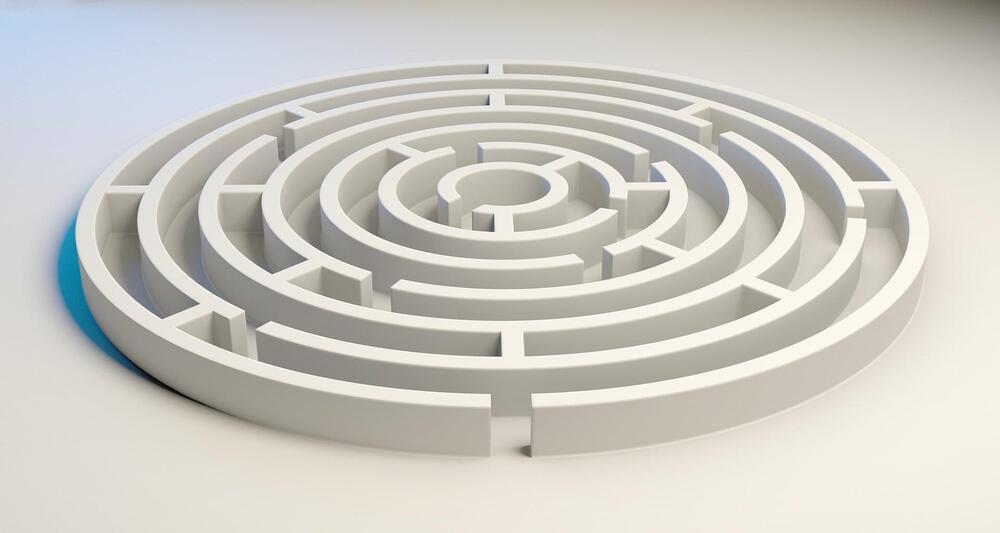Aug 4, 2023
Algorithms Can Learn, And They Probably Should: Saving Resources For The Future
Posted by Gemechu Taye in categories: information science, mapping, robotics/AI
What you get, starting out in this video, is that algorithms impact our lives in, as CSAIL grad student Sandeep Silwal puts it, “silent ways”
Silwal uses a simple example – maps – in discussing what he calls the “marriage of provable algorithm design and machine learning.”
Lots of people, he notes, want to move from the area around MIT, south across the Charles to Fenway Park, to see the Red Sox.
Continue reading “Algorithms Can Learn, And They Probably Should: Saving Resources For The Future” »

